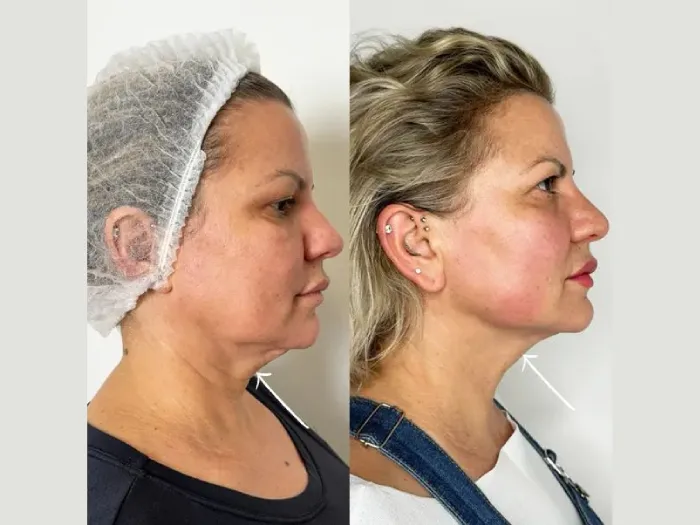1. Introduction – The Shift Towards Digital Healthcare
Healthcare is undergoing a major transformation, driven by technology, patient expectations, and operational challenges. Practices across the United States are turning to a Virtual Medical Assistant (VMA) to reduce administrative burdens and improve patient care. From handling appointments to insurance verification, VMAs are becoming the backbone of modern healthcare administration.

2. What Is a Virtual Medical Assistant?
A Virtual Medical Assistant is a trained remote professional who supports healthcare providers by handling both administrative and clinical coordination tasks. These assistants work offsite but are fully integrated into the practice’s workflow.
Common tasks include:
-
Appointment scheduling and patient reminders
-
Medical billing and claims processing (Medical Billing Virtual Assistant)
-
Medical Credentialing and compliance support
-
Handling Remote Patient Monitoring data
-
Supporting Virtual Chronic Care Management programs
-
Working as a Virtual Medical Receptionist for inbound and outbound calls
-
Providing Telehealth Virtual Assistant services for online consultations
3. Why Are Virtual Medical Assistants in Demand?
Healthcare providers face rising operational costs, staffing shortages, and patient expectations for faster service. VMAs solve these challenges by:
-
Reducing administrative overload
-
Improving patient experience
-
Lowering costs compared to in-house staff
-
Providing specialized expertise in billing, coding, and patient care coordination
4. How VMAs Improve Patient Experience
Patients often judge a healthcare practice by their first interaction — usually with a receptionist or assistant. A Virtual Medical Receptionist ensures every patient call, email, or message is handled professionally and promptly.
Example:
A patient with a chronic illness might be monitored remotely through Remote Patient Monitoring tools, with the VMA reviewing daily data and alerting the provider to anomalies.

5. The Role of Specialized Virtual Assistants
VMAs can specialize in various areas:
-
Medical Billing Virtual Assistant: Ensures claims are submitted accurately, reducing denials and improving cash flow.
-
Remote Medical Coder: Assigns accurate diagnosis and procedure codes for insurance reimbursement.
-
Virtual Chronic Care Management Assistant: Coordinates care for patients with long-term conditions.
-
Virtual Patient Care Coordinator: Manages follow-ups, referrals, and care continuity.
-
Virtual Medical Scribe: Documents patient encounters in real time for providers.
-
Telephone Triage Remote Assistant: Guides patients to appropriate care channels based on symptoms.
6. Benefits to Healthcare Providers
-
Increased efficiency: VMAs can handle multiple administrative tasks simultaneously.
-
Cost savings: No need for office space, equipment, or full-time in-house salaries.
-
24/7 support: VMAs can work across time zones to provide round-the-clock assistance.
-
Scalability: Easy to add more VMAs as the practice grows.
7. Compliance and Security
When hiring a VMA, ensure they are HIPAA-compliant to safeguard patient data. Many reputable providers, such as ProVma, train their VMAs in privacy protocols, secure communication tools, and compliance documentation.
8. Real-World Example
Dr. Emily Carter, a family physician in Texas, implemented a Telehealth Virtual Assistant and Medical Billing Virtual Assistant. Within three months, her practice reduced no-show rates by 30% and improved billing turnaround time by 40%.

9. Choosing the Right Virtual Medical Assistant Service
When selecting a provider:
-
Verify healthcare experience and HIPAA training
-
Check for multi-specialty support
-
Evaluate technology compatibility
-
Look for positive client reviews
10. Conclusion – The Future of Healthcare Administration
A Virtual Medical Assistant isn’t just an optional convenience — it’s a necessity for practices aiming to stay competitive. From Remote Patient Monitoring to Medical Credentialing, VMAs free providers from administrative burdens, allowing them to focus on delivering exceptional patient care.



